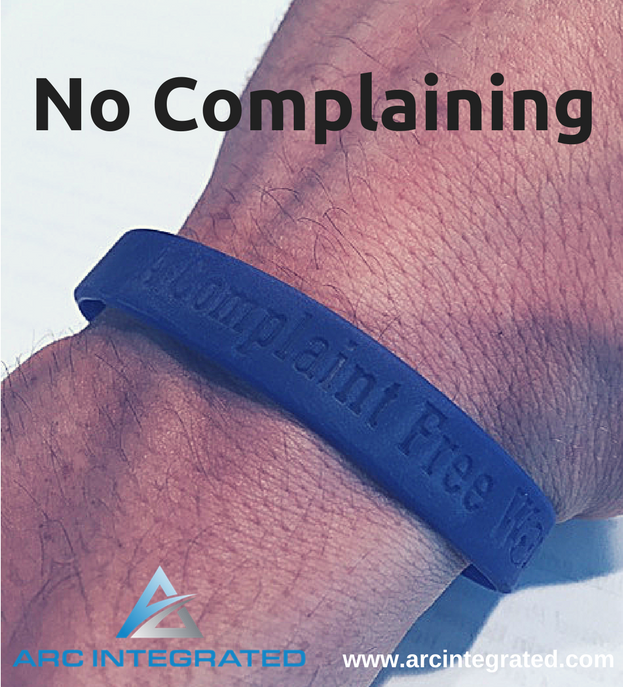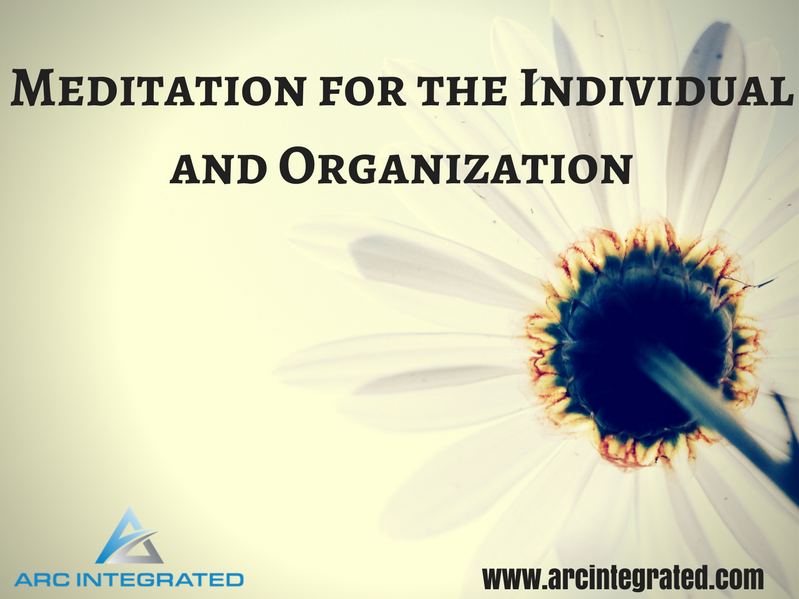
No Complaining – Arc Integrated
I’m glad you’re here. In the spirit of the time of year, I want to offer a gift, mixed with a challenge. This idea is founded by Will Bowen of www.acomplaintfreeworld.org, details below. The reason for this gift is that there continues to be more and more evidence to connect our thoughts, statements, actions and feelings to our overall experience of the world. This challenge offers the opportunity to consider our statements, if only for three weeks. Basically, no complaining. One strategy in tackling this seemingly insurmountable task, is practicing gratitude. We all have much be thankful for. Ok, I’ll start. In this card you’ll find a few reasons why I am grateful to have you in my life. I hope you find this gift intriguing and interesting enough to experiment with.
Love,
Michael
The paragraph above was the beginning of a card I wrote for about 20 members of my family as well as some other loved ones over a holiday season. I wanted to take the opportunity to give back some gratitude and a chance to put some intention into action for the New Year. I learned about this through A Complaint Free World, here is a video that is worth a watch about this project.
The basic idea is that you get a bracelet that stays on your wrist until you can sustain 21 days without complaining. Every complaint means you switch wrists and the timer starts over. According the website, they say that this experiment typically takes 4-10 months to complete! What a great opportunity to challenge ourselves!
We often hear about studies on changing our mindset, practicing mindfulness, being positive or other non-tangible pieces of advice. While I am totally on board with the previous suggestions, I like this 21 day challenge because it has an activity attached to it, which I think helps to build the likelihood for success. Whenever we are practicing a new way of thinking or feeling, there should be an associated new way of being or doing.
I was really thankful for my family’s response to this gift as it seemed very heartfelt and appreciative. There were some tears shed, lots of joking and I think some added thoughtfulness about our individual attitudes and statements, which was my hope.
However, I don’t think that just passing out bracelets and offering the challenge would have been as meaningful without the added gratitude. With every bracelet I gave I wrote a personalized note regarding why I was thankful to have each person in my life. I believe that expressing gratitude as a part of this gesture was important because it was an example of how to pursue the task of – no complaining.
If you are reading this blog, then you most likely have everything you need. You have shelter, food/water and probably some people in your life that you care about or care about you. There is much to be grateful for. Expressing gratitude is one strategy in combating the pattern of complaining.
Care to experiment? The next time you notice yourself complaining, see how this could be shifted into a statement of gratitude. Alternatively, practice expressing gratitude more often and see if that shifts how much you are complaining.
Wishing you a prosperous, fun, challenging and growth filled year ahead!
Best,
Michael
P.S. If you are curious to learn more about personal development, effective workplace culture, dynamic leadership and a wide variety of other topics, sign up today! www.arcintegrated.com/book. It’s totally free.
You’ll also receive Chapter One (for FREE) from the upcoming book – CHANGES. This book explores seven themes of sustainable change so that you can finally achieve the professional and personal goals you have been striving for but keep missing.

